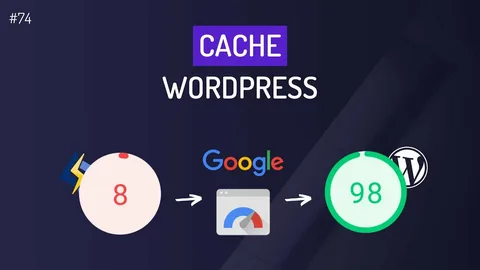In today’s digital era, securing online communications and data has become more crucial than ever. Websites that handle sensitive information, conduct e-commerce transactions, or provide user accounts must prioritize security to protect their users’ data and establish trust with their audience. This is where SSL certificates play a pivotal role.
SSL (Secure Sockets Layer) certificates are digital certificates that provide encryption and authentication for websites, ensuring that sensitive data transmitted between a web server and a user’s browser remains private and secure. By encrypting data, SSL certificates prevent unauthorized access and potential data breaches, making them an essential component of any secure website.
Significance of SSL Certificate
Imagine you have a secret treasure box that you want to share with your friend, but you don’t want anyone else to see what’s inside. So, you put a magical lock on the box that only you and your friend know how to open. This magical lock keeps your treasure safe from prying eyes!
In the digital world, websites also have a treasure box filled with information like passwords, credit card numbers, and messages. Just like the magical lock, SSL certificates act as a special lock for websites. They help keep all the information safe and secure as it travels between the website and the people visiting it.
Here is a basic guide about Different types of web hosting services you may love to read.
Importance of SSL
When a website has SSL, it shows us a little lock icon or “https://” at the beginning of the address. It’s like a special badge that tells us the website is using a magical lock to keep our information safe. When we see this, we know we can trust the website and feel good about sharing our name, address, and other important details.
So, remember, SSL certificates are like superhero locks that keep websites safe and make users feel happy and confident while browsing or shopping online!
Impact on SEO
When a website has SSL, it tells the search engines that it’s safe and trusted. So, the search engines like Google, Bing, and others become happy and show the website to more friends in their search results. According to Search Engine Journal HTTPS is a ranking factor.
User experience is how happy and comfortable user feel when visit a website. It’s like a special sign that tells us the website is safe, and our information is protected. SSL is one of the best option to boost user experience. SSL also helps websites load faster, which means users don’t have to wait long to play or see things on the website.
Extended Validation SSL
An EV or Extended Validation SSL certificate is a type of digital certificate that provides additional security and validation for your website. Unlike a standard SSL certificate, an EV certificate undergoes a more rigorous vetting process by the issuing Certificate Authority (CA). This ensures that your website is operated by a legitimate business or organization, which can help build trust with your visitors.
The owner of the website must go through a thorough and internationally standardized identity verification process as part of the Extended Validation SSL Certificate verification in order to demonstrate their exclusive right to use a domain, confirm their physical existence, demonstrate their legal existence, and demonstrate that they have authorized the certificate’s issuance process. This confirmed identification information is included on the certificate.
Use Case of EV Certificate
EV SSL certificates are best suited for large corporations, financial institutions, and high-security websites. With EV SSL, the verification process is extensive, and the website’s name appears in a green address bar in browsers, symbolizing the highest level of trust. A prominent example is major banking websites where customers expect the highest level of security and visual assurance before entering sensitive financial information.
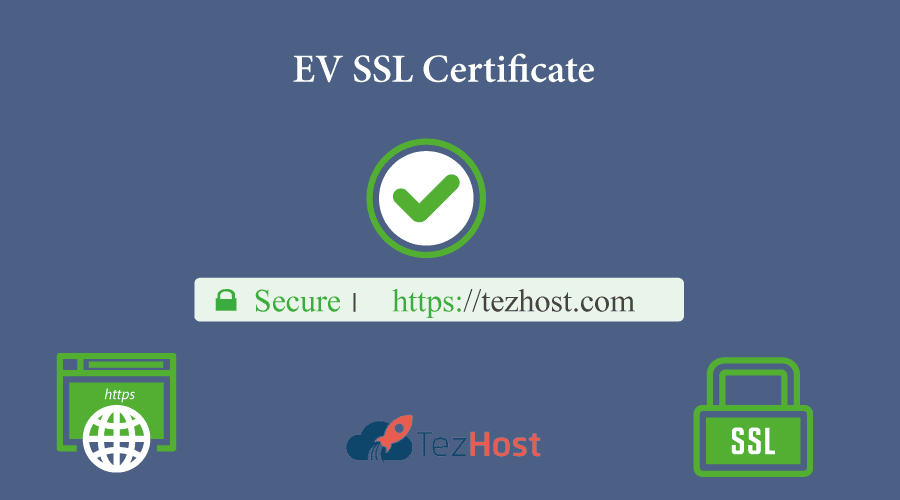
Organization Validated SSL
Organization Validation SSL Certificates (OV SSL) offer the highest level of security and trust for your website. OV SSL is the industry standard for website security, and it’s essential to get one if you want to protect your site from hackers and other online threats.
Just like EV SSL certificates, these are also highly assured SSL certificates, used to authenticate businesses, organizations, and companies. The primary function of an OV SSL certificate is to encrypt sensitive user data needed for transactions on a website or organization.
Additionally, the organization’s name appears in the site seal, a trust indication that demonstrates the legitimacy of the company and guarantees the confidentiality of any information supplied.
It boosts consumer confidence, which improves the business’s rate of discussion. Websites are protected against phishing assaults and attackers with an OV SSL certificate.
Use Case OV Certificate
OV SSL certificates are suitable for medium-sized businesses and e-commerce websites. With OV SSL, websites undergo a more rigorous verification process, which adds an extra layer of trust and credibility. For example, if you run an online store selling handmade jewelry, an OV SSL certificate assures your customers that they are dealing with a legitimate business, and their sensitive data is protected during transactions.
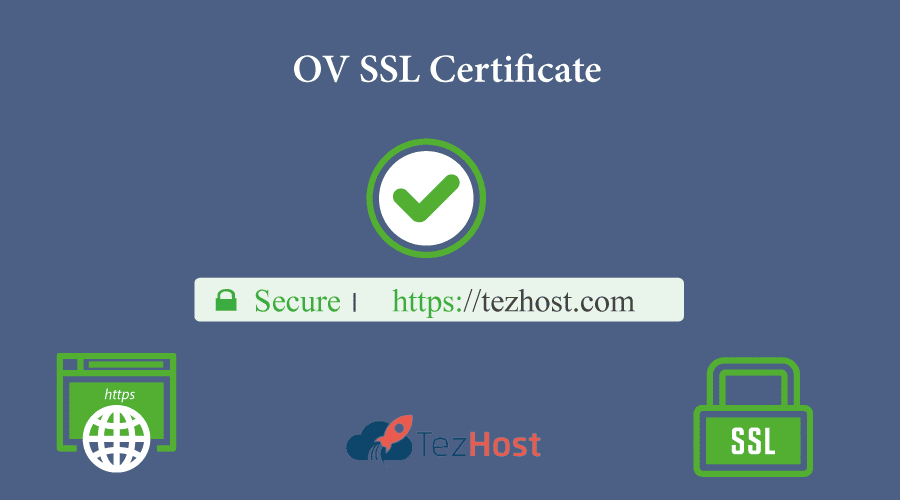
Domain Validated SSL
Domain Validated or Standrad DV SSL Certificates are one of the most popular types of SSL certificates on the market today. The certificate is issued by a Certificate Authority (CA), which verifies that the website’s domain name matches the organization that owns it. When you visit a website secured with DV SSL, you will see https:// in the address bar, and your browser will display a green padlock icon.
DV SSL is an excellent choice for small businesses or personal websites that don’t need extended validation or high-assurance security. It’s also one of the most affordable options available, which makes it perfect for budget-conscious organizations. If you’re looking for an easy way to add security to your website without breaking the bank, DV SSL is definitely worth considering!
Use Case of DV Certificate
DV SSL certificates are perfect for personal websites, blogs, and small businesses that need a basic level of encryption. They are easy and quick to obtain, making them ideal for website owners who want a simple and affordable SSL solution. For instance, if you have a personal blog where you share your art and stories, getting a DV SSL certificate ensures that your readers’ connections to your blog remain secure.
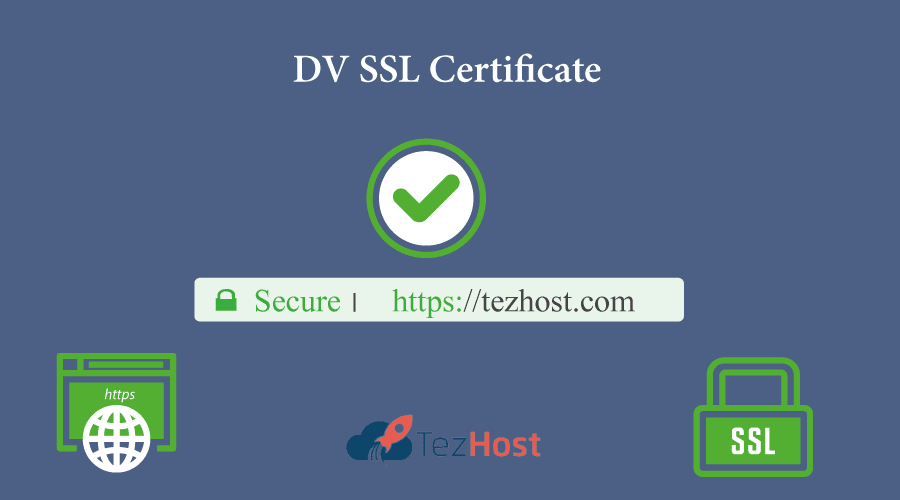
Wildcard SSL
A Wildcard SSL Certificate is an important tool for any website owner. It allows you to secure all subdomains of your domain with a single certificate. This can be a big time and money saver, especially if you have multiple subdomains.
Wildcard SSL Certificates are also very flexible. You can add or remove subdomains at any time without having to re-issue the certificate. This makes it easy to keep your website secure as your business grows and changes over time.
If you’re looking for a way to easily and affordably secure all of your website’s subdomains, a Wildcard SSL Certificate is a perfect solution!
Use Case of Wildcard Certificate
Wildcard SSL certificates are ideal for websites with multiple subdomains that need secure connections. With a single certificate, you can secure the main domain and all its subdomains. For instance, if you run an e-learning platform with various course subdomains, a wildcard SSL certificate ensures that all parts of your website remain encrypted and secure.
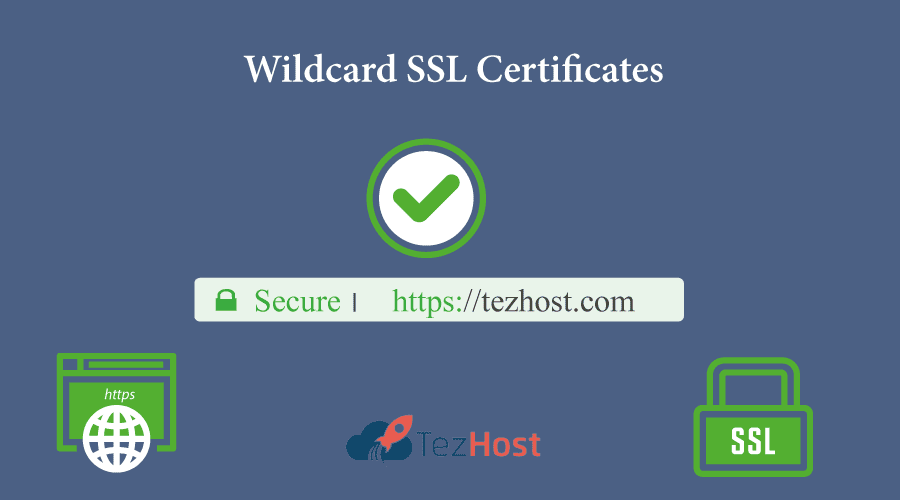
Multi-Domain SSL
Multi-Domain SSL Certificates (MDC) are designed for securing multiple fully qualified domain names with a single certificate.
A Multi-Domain Certificate can secure up to 100 different domains or subdomains, making it ideal for eCommerce websites, online businesses, and enterprises with multiple sites.
The usage of Subject Alternative Names distinguishes the multi-domain type from other types. The SAN field may be completely customized using multi-domain certificates.
This enables the certificate holder to add more host names to the list of addresses the certificate will protect. For instance, you are the owner of a global eCommerce website.
Use Case MD Certificate
Multi-Domain SSL certificates, also known as SAN SSL, are versatile and perfect for websites with several domain names. They allow you to secure multiple domains and subdomains with one certificate, making it cost-effective and efficient. For example, if you own a digital marketing agency with different client websites, a SAN SSL certificate allows you to secure all your clients’ domains with a single certificate.
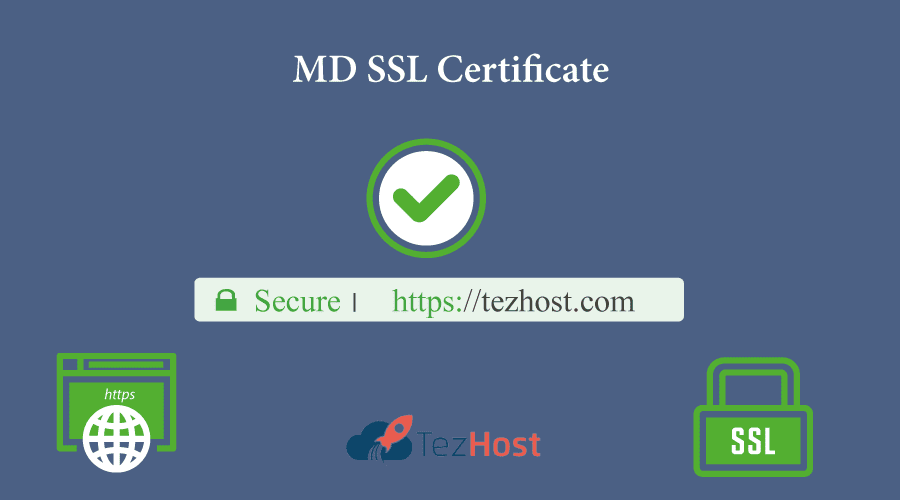
Unified Communications SSL
If you’ve ever wondered what those little green lock symbols in your browser’s address bar mean, they’re called Unified Communications Certificates (UCC).
UCCs are a type of SSL certificate that secures communication between two or more parties. They’re commonly used to secure email servers, but can also be used to secure other types of communication like instant messaging and VoIP.
UCCs are different from traditional SSL certificates in a few ways. For one, they allow for multiple subject alternative names to be included in the certificate.
This means that you can include multiple email addresses or domain names in a single UCC. This is handy if you have multiple employees using the same email server, or if you want to secure both your website and email server with the same certificate.
Use Case of UCC Certificate
UCC SSL certificates are designed for businesses and organizations that manage multiple domain names, subdomains, and server names. They offer flexibility and cost-effectiveness by allowing you to secure multiple domains and subdomains with one certificate. This makes them ideal for businesses with diverse web applications, email servers, and collaboration platforms.

Conclusion
Securing your website with an SSL certificate is a vital step towards safeguarding sensitive data and fostering trust among your users. Understanding the different types of SSL certificates and their suitability for various scenarios empowers website owners and developers to make informed decisions that prioritize security and user confidence.
By staying up-to-date with SSL best practices and industry standards, you can establish a safe and reliable online presence that protects your users and enhances your website’s overall performance.


